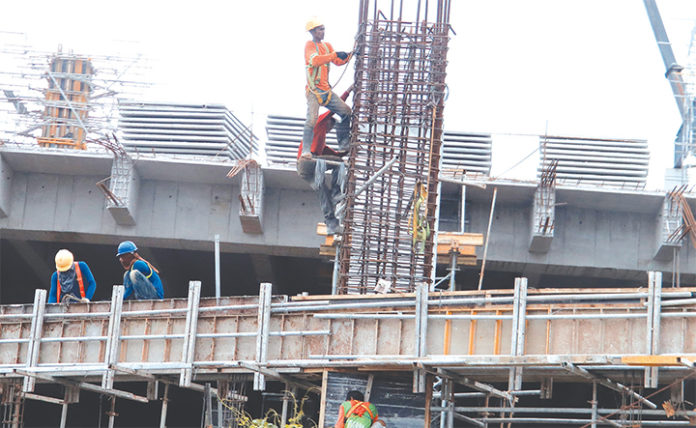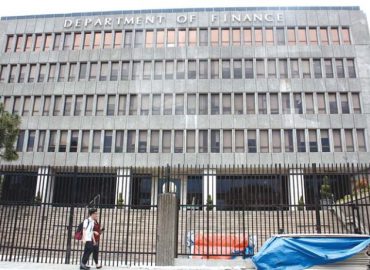By Czeriza Valencia, January 3, 2020; The Philippine Star
Image Credit to Business Mirror
MANILA, Philippines —The Investment Coordination Committee-Cabinet Committee (ICC-CabCom) of the National Economic and Development Authority (NEDA) has recommended for board approval 12 infrastructure projects valued at more than P557.44 billion.
These include projects of the Department of Transportation (DOTr), Department of Public Works and Highways (DPWH), as well as unsolicited proposals forwarded to the Civil Aviation Authority of the Philippines (CAAP).
These projects were cleared for endorsement to the NEDA Board during the ICC-CabCom meeting dated Dec. 20, 2019.
NEDA noted that the aggregate amount does not include the cost of the unsolicited project proposals.
Projects to be implemented by the DOTr and DPWH are the following: MRT 4 Project, EDSA Greenways Project, Maritime Safety Enhancement Program, Bataan-Cavite Interlink Bridge (BCIB) Project, Cebu-Mactan Bridge (4th Bridge) and Coastal Road Construction Project, Davao City Coastal Bypass Road with Bucana Bridge Project, Capas-Botolan Road Project, and Panay-Guimaras-Negros (PGN) Island Bridges Project.
Changes in scope and cost, meanwhile, was approved for the Davao City Bypass Construction Project while extension of loan validity and extension was approved for the Samar-Pacific Coastal Road Project. Both projects will be implemented by the DPWH.
Most of these projects will be funded by official development assistance (ODA).
The unsolicited project proposals, meanwhile, were the upgrading of the Davao and Laguindingan regional airports.
“The approval of these projects is a pivotal step in fulfilling our thrust of fostering growth centers in the regions and expanding access to development opportunities throughout the country,” said Socioeconomic Planning Secretary and NEDA chief Ernesto Pernia.
“These are in line with the National Spatial Strategy to make cities like Metro Manila efficient and to improve connectivity between areas,” he added.


